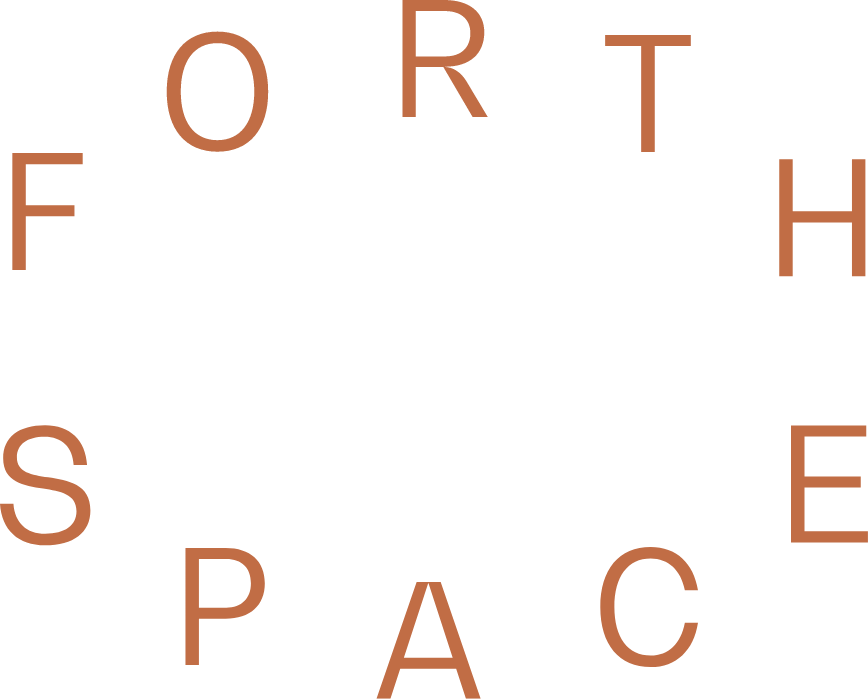Our therapists specialize in supporting people navigating complex emotions, identity, trauma, and relationships—especially those who feel overlooked or misinterpreted in more traditional spaces.
Who is Forth Space for?
We work with adults, adolescents, couples, and families who are navigating change, disconnection, or complexity in their internal or relational worlds. Many of our clients come to therapy feeling emotionally overwhelmed, stuck in patterns, unsure of how to move forward – or simply wanting something to shift.
We’re especially attuned to deep-feeling people, creatives, perfectionists, and those who’ve felt misunderstood, dismissed, or pathologized in other settings.
Some seek steadier footing after trauma, burnout, or chronic invalidation. Others want support with emotional intensity, identity shifts, life transitions, or painful dynamics they can’t quite name. We also work with couples and families who want something different: deeper connection, more honest communication, or a way forward from rupture, resentment, or relational stuckness.
Many of the people we work with are thoughtful, perceptive, or sensitive in ways that haven’t always been welcomed. They may identify as neurodivergent, queer, nonconforming, or simply different – and want care that honors those parts of them. They’re often navigating nuance: loving hard but struggling to feel close, overfunctioning in one area while quietly unraveling in another, or yearning for change without knowing what that looks like yet.
Whether you’re coming in solo for deeper self-work or showing up with someone you love to rework how you relate, we’ll collaborate to understand what’s happening beneath the surface – and help you build something more connected, more grounded, and more true.
What does a session look like?
No two sessions are the same – but therapy with us might include:
EMDR to integrate trauma in ways that feel manageable and embodied
DBT-informed tools for emotion regulation, boundaries, and distress tolerance
Exploring how early experiences of invalidation or shame echo in the present
Relational and psychodynamic work that supports agency, insight, and self-trust
Creating space to unlearn what no longer serves you – and experiment with new ways of being
Sessions are collaborative, emotionally honest, and shaped by your real-life needs. Some are grounding and skill-focused. Others go deeper – processing trauma, exploring identity, untangling patterns, or getting curious about what’s working, what’s not, and why.
Our team shares a deep commitment to ongoing clinical growth, anti-oppressive practice, and high-quality care. We regularly engage in case consultation, pursue advanced training, and bring specialized experience in trauma, relational work, and emotion regulation.
We also provide psychoeducation, crisis planning (when needed), and collaboration with external supports (like psychiatrists, schools, or other care providers).
What does change look like?
Therapy doesn’t promise quick fixes, but it can offer steadier ground. While goals vary, clients often share that it has helped them:
Feel more grounded and less reactive
Experience greater emotional clarity and stability
Cultivate more empowered relationships–with others and with themselves
Increase self-respect, self-compassion, and resilience
Understand their patterns, needs, and inner narratives more deeply
Move through pain and uncertainty with less shame and more choice
We believe meaningful change begins with feeling seen, respected, and safe. Growth isn’t linear — but in a space rooted in trust and care, it can unfold.



